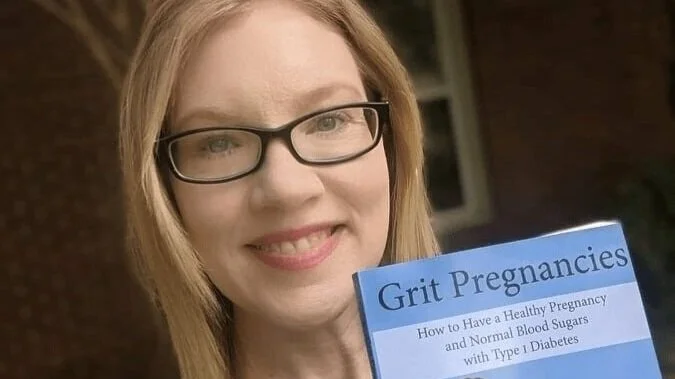For those of us navigating the tricky landscape of type 1 diabetes, hunger is often more than just a passing craving — it can be an everyday challenge.
The truth is, it's not your fault. You are not lacking willpower. You are not lazy. You are NOT to blame.
There are very specific physiological reasons why you may feel hungry all the time. From fluctuating blood sugar levels to the complex dance of hormones, there are numerous reasons why relentless hunger pangs often accompany life with T1D.
What are these reasons and what can we do about it?
Polyphagia is the medical term for increased appetite, and there are both medical and non-medical reasons for this:
People with T1D do not produce amylin. Amylin is hormone that is co-secreted with insulin by the pancreatic beta-cells in response to food consumption. Since beta cells are destroyed or damaged in T1D, amylin is also not produced. Amylin’s role is a physiological control of meal-ending satiation (feeling full), and it limits the rate of gastric emptying, and reduces the secretion of pancreatic glucagon after eating. So, amylin tells you when you’re full, keeps food in the digestive tract for longer, increasing nutrient absorption, and helps to control blood sugar spikes after eating. And we don’t have this incredible helper hormone. Great (eyeroll).
Hyperthyroid/Graves disease can increase hunger levels, causing overeating.
Sleep deprivation/interruption - Acute sleep deprivation reduces blood concentrations of the satiety hormone leptin. Leptin sends a signal to your brain that helps you feel full and less interested in food. It also plays a role in how your body turns fat into energy. Sleep deprivation also increases the hormone ghrelin, which signals hunger. This is the perfect storm to make you feel hungrier, and less full/satisfied once you eat.
Growth hormones in kids: this is normal, and usually causes times of increased appetite, followed by an obvious growth spurt.
Estrogen in women: Increased appetite is due to spikes in the hormones estrogen and progesterone, and decreased levels of serotonin, which is a neurotransmitter. Decreases in estrogen (perimenopause & menopause) can cause both increased hunger cues and insulin resistance.
Low testosterone in men is associated with dysregulated eating
Nutrient and electrolyte deficiencies: Deficiencies in iron, Vitamin D, and B Vitamins all can cause increased hunger because your body is seeking those vitamins. Request these tests at your next lab blood draw and follow your doctor’s advice to supplement, if needed.
Blood sugar levels:
Hypoglycemia/low blood sugar levels cause a very real need to eat, and it’s our body’s method of self-preservation. We need to eat to raise our blood sugar level to stay alive! Oral liquid glucose or glucose gel, or glucagon treatment is the fastest way to raise blood sugar levels quickly and stop this insatiable need to eat.
Hyperglycemia/high blood sugar levels can also cause an increased appetite because without insulin, the body cannot process the food consumed into energy, thus craving more.
Processed Food Addiction: Processed foods are engineered to be addictive, keeping you craving and buying more. Dr. Joan Ifland is a leader in processed food addiction research and treatment. She advocates for a whole foods diet, and removal of all processed trigger foods from your surroundings. You can find out more about her program at foodaddictionreset.com
Complex relationship w/ food. Of course, we need food to live, but food raises our blood sugar and requires insulin. Because of this, many of the reasons above, and common diet culture, many people with type 1 have struggled with their weight and their relationship with food. It’s a complex issue, with many interconnected factors.
But what can you do about all of this? Is there a way out?
Be kind to yourself.
Talk to your doctor.
And consider increasing your protein consumption percentage.
We know that protein will keep you full for longer than carbs or fat will, that’s purely because protein foods take longer to break down in the digestive system, and per gram of food, protein foods have more nutrient density and calories than carbs or fat.
Because of this nutrient and energy density, the Protein Leverage Hypothesis states that the body craves protein for survival, and will eat until the optimal protein threshold is reached. If not enough protein is consumed, it will continue craving, and eating whatever it can to reach that protein threshold.
This protein threshold is helpful, because by prioritizing your overall protein percentage, you effectively leave little room for carbs in the diet, and consume fewer calories overall to get to that protein threshold.
Other things you can do:
Synthetic amylin replacement (called pramlintide, brand name Symlin) is available, but it has challenges to use and is rarely prescribed.
Sugar-free electrolyte supplementation is helpful, and adequate sleep (7+ hours) is a must when it comes to helping regulate the complex interplay of hormones.
If constant hunger, overeating or binge tendencies are an issue for you, please know that you’re not alone. This is a complex issue that many of us experience daily. Let’s normalize this as a part of life with type 1.









Being prepared is crucial for people with diabetes. Carry your supplies with you. You never know what might prevent you from getting back home.